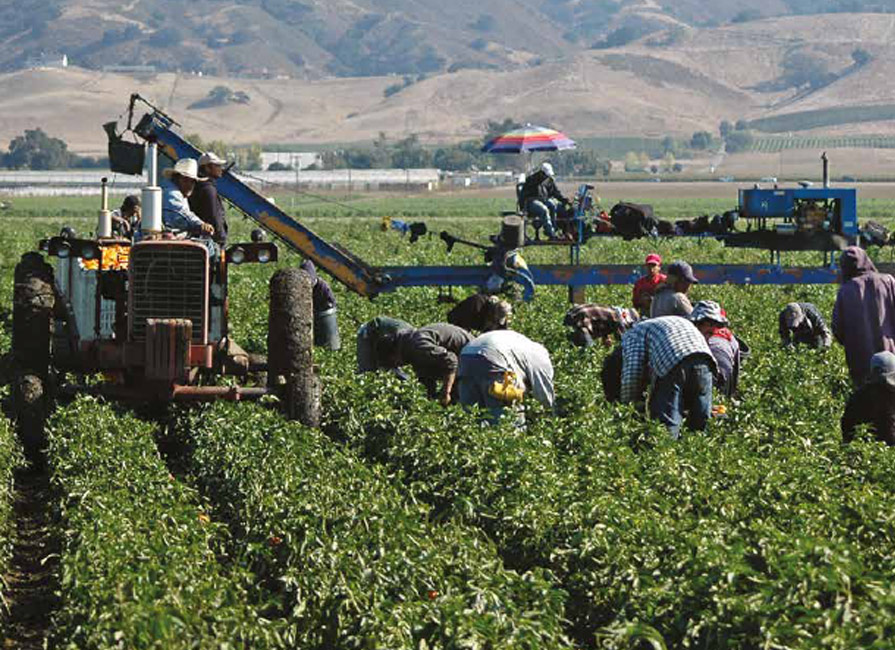Common Ground
Whatever your political persuasion, the current levels of social conflict and division we’re seeing today aren’t sustainable for any society. In times of social tension, we tend to seek safety among those who think and feel the same. In our social media-dominated world, it’s now even easier to select information sources consistent with our own positions—and exclude those that are not. It takes real courage to reach out to those who hold different views, to listen and challenge without igniting…
Sidelined by Sustainability
By Whitney Witthaus and Zachary Herman As participants in or producers of sustainable food, you have already begun your deconstruction of ‘normal.’ In altering and improving your methods of production, you are not only working to protect and enhance the ecological environment and the inherent values of our landscapes, you are also ensuring we can sustainably feed the mouths of today, as well as tomorrow. Yet if we pivot our gaze, and look back rather than forward, we see a…
AGW’s Letter to The New York Times
Last month the New York Times published an article floating the idea of taxing beef to combat climate change. Here's our response: To the Editor: Instead of taxing beef, we should tax silver bullet “solutions.” Richard Conniff’s “The Case for a Carbon Tax on Beef” (Sunday Review, March 17) relies on bad science that fails to distinguish between feedlots and pastures. All beef is not equal: when cattle are raised on pasture in well-managed, high-welfare ecosystems they can store carbon,…
For Meat, Eggs and Dairy, USDA Organic Has Officially Sold Out. Here’s What You Can Do.
The United States Department of Agriculture (USDA) has just officially announced the withdrawal of the Organic Livestock and Poultry Practices (OLPP) final rule. This rule, set to come into force this year, would have introduced a range of (albeit relatively meaningless) improvements to the Organic standards concerning animal management and welfare. For years, we at A Greener World (AGW) have been helping to distinguish Organic farmers with real credentials on animal welfare with our label, Certified Animal Welfare Approved by…
Will the Real Grassfed Please Stand Up?
Dear Aggie, What is the difference between Certified Grassfed by AGW and other grassfed labels? Thanks, Wondering in Wyoming Dear Wondering, According to recent research, demand for grassfed beef has increased by 25-30 percent every year over the last decade. As the market for grassfed products continues to grow, claims about grassfed production have proliferated as well. Some meat currently marketed as grassfed could come from animals confined on dirt feedlots for long periods outside the growing season, or where…

